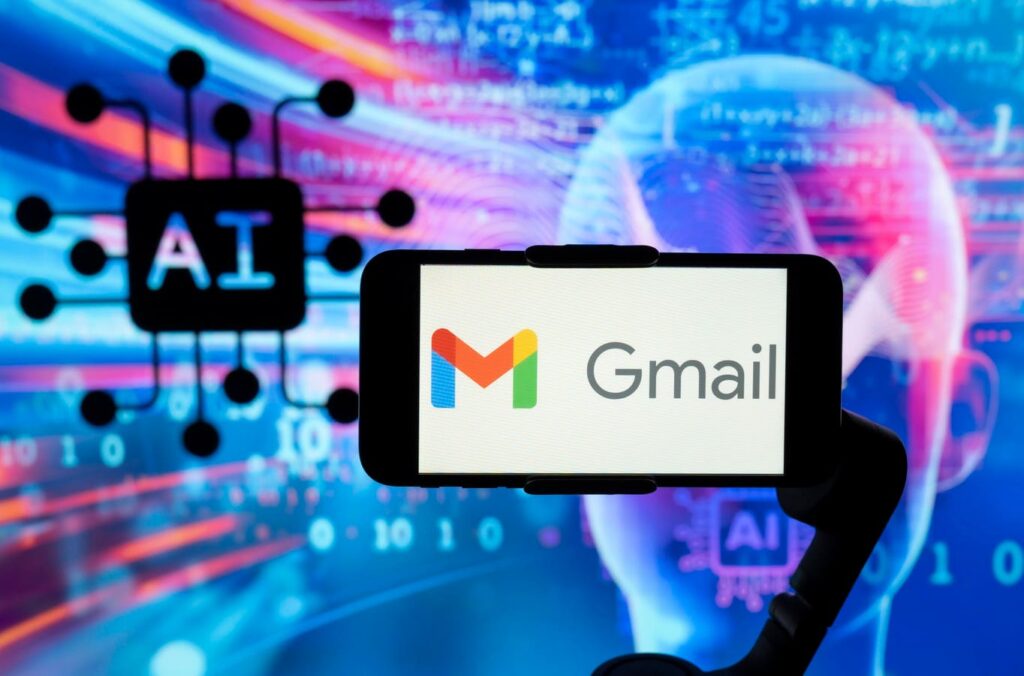Beware the New Gmail Phishing Attack: A Lesson in Caution
A Sneaky New Threat Emerges
On February 1, 2025, cybersecurity experts confirmed another alarming vulnerability in the Gmail platform: hackers are using AI-powered tactics to stage sophisticated phishing attacks aimed at stealing users’ credentials. This isn’t a run-of-the-mill scam; it’s a calculated and highly effective approach that makes it increasingly difficult for even the tech-savvy to distinguish between genuine support and malicious intent.
The complexity of the latest attacks prompted one victim, Zach Latta, founder of Hack Club, to call it “the most sophisticated phishing attack I’ve ever seen.” Picture this: receiving a call that appears to be from Google, only to find out that your account has allegedly been compromised. A “support technician,” complete with a polished American accent, provides alarming information and directs you to a seemingly authentic email from Google.
With deepfakes and AI-generated voices gaining traction, the barriers between user and attacker are starting to blur. It’s a digital minefield out there, and staying protected requires vigilance like never before.
Cybercriminals Are Getting Cleverer
An escalating arms race in cybercrime has led to an environment where hackers continually innovate to exploit unsuspecting individuals. Spencer Starkey from SonicWall highlights the evolving nature of these threats, stressing the importance of adaptability in cybersecurity. “Cybercriminals are constantly evolving their tactics,” he notes, underscoring the need for robust security measures and regular assessments to stay one step ahead.
Spotting the AI-Powered Attacks
So, how do you recognize these nefarious schemes? While traditional phishing indicators might not suffice anymore, there are still strategies to keep your Gmail account secure. Here are some tips to protect yourself:
-
Stay Skeptical: If someone calls claiming to be from Google, hang up. Google typically doesn’t make unsolicited calls.
-
Verify Numbers: Always check the phone number against official Google channels. If it seems legitimate, double-check before engaging further.
-
Check Your Account Activity: Use Gmail’s account activity feature to keep an eye on logged-in devices. Look for anything unrecognized and act immediately if you notice suspicious activity.
- Use Resources Wisely: Google offers extensive guidance on phishing threats. Familiarize yourself with these resources to equip yourself better.
Advanced Protection Program: Your Safety Net
One significant step to bolster your Gmail security is enrolling in Google’s Advanced Protection Program. Initially designed for high-risk users—like journalists and activists—this feature can be activated by anyone, providing robust safeguards against unauthorized access. When you sign up, your account will require a physical security key, making it nearly impossible for hackers to break in, even if they have your password.
The beauty of this program is that it compels you to verify your identity using a hardware key or passkey, invoking an extra layer of security that many overlook.
In Google’s Words
As concerns grow, Google is taking measures to address these threats. A spokesperson recently stated, “We have suspended the account behind this scam and are enhancing our defenses against such attacks.” While they are closely monitoring for widespread tactics, proactive user behavior remains crucial in combating these threats.
Conclusion: Stay Vigilant
As we navigate this increasingly complex digital landscape, remember that skepticism and caution are your best friends. The surge in AI-driven attacks is a reminder that, while technology has its benefits, it also paves the way for new threats.
Stay informed and equipped. Implement security measures and keep your data safe. The AI Buzz Hub team is excited to see where these breakthroughs take us. Want to stay in the loop on all things AI? Subscribe to our newsletter or share this article with your fellow enthusiasts.




